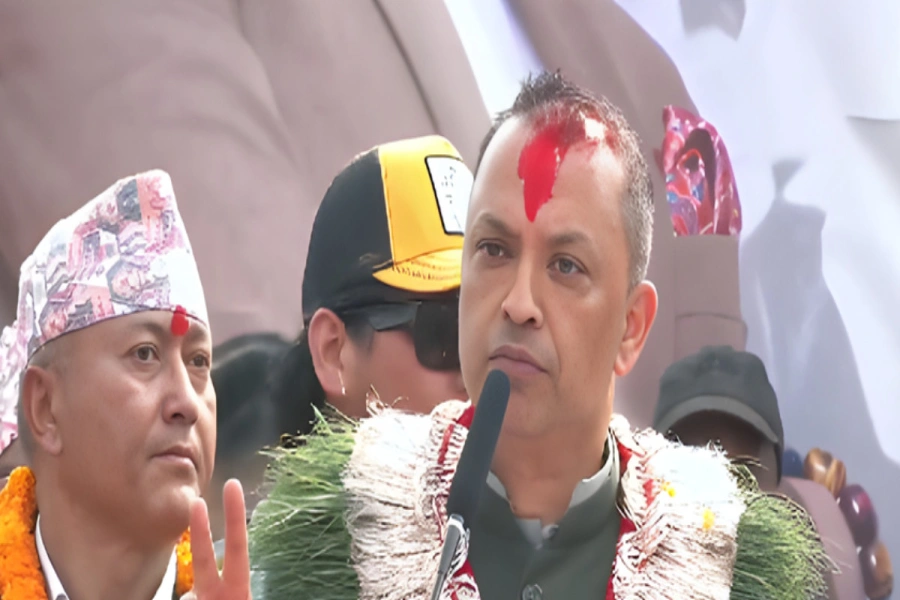DADELDHURA, June 11: Sixteen women and children have lost their lives due to the practice of chhaupadi, the seclusion of women and girls from home during menstruation.
The National Human Rights Commission, Far West Office, Dhangadhi's data shows that among the death toll, 13 were from Achham and the remaining three were reported from Bajura.
Campaign to dismantle Chhaupadi sheds launched in Kanchanpur

Under this traditional harmful practice, menstruating women and girls are forced to stay in isolation in a poorly ventilated or a windowless and narrow shed ( it can be a cattle shed or a makeshift hut), locally known as chhaugoth, and such unsafe stay sometimes ended in the tragic death of observers.
Suffocation, inhalation of smoke and snakebites have so far the major causes of Chhaupadi-related deaths, Office Chief Jhankar Bahadur Rawal said. Small children who have to follow their mothers in the period to chhaugoths are also at risk of unwanted consequences.
Women rights activist and advocate Arati Joshi said violation of human rights, untouchability, caste, and gender-based discrimination and chhaupadi are pervasive in the region.
Till the 11th month of the current fiscal year, the Office received 12 cases related to violation of human rights in the region. The rural citizen needs adequate information about their rights, related laws and ways to seek a legal remedy in case of violation. As Rawal said, the perception of society towards people who chose to go for a judicial relief is different and it discourages victims to take a legal or administrative help for justice. The understanding of right activists here is that cases of chhaupadi, caste-based discrimination and domestic violence against women and girls are yet to come out openly.
It comes to the public only when the things went extreme, they said. Only a few survivors reach court to seek a judicial remedy, advocate Yuba Raj Joshi said. The realization of Durga Panta of Amargadhi-1 is that many rural women continue to subject to discriminations on several pretexts. Though the Chhaupadi has been criminalized in Nepal since April, 2017, following its ban in 2005, de facto discrimination continues to badly affect women, girls reaching puberty and even small children.






































